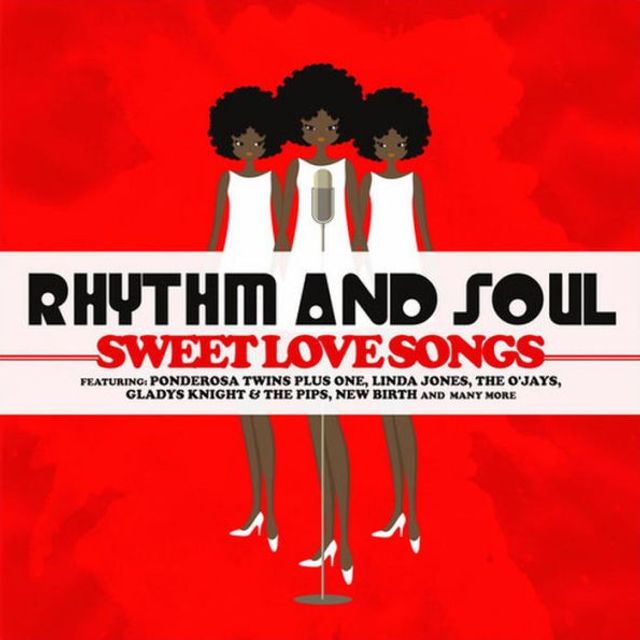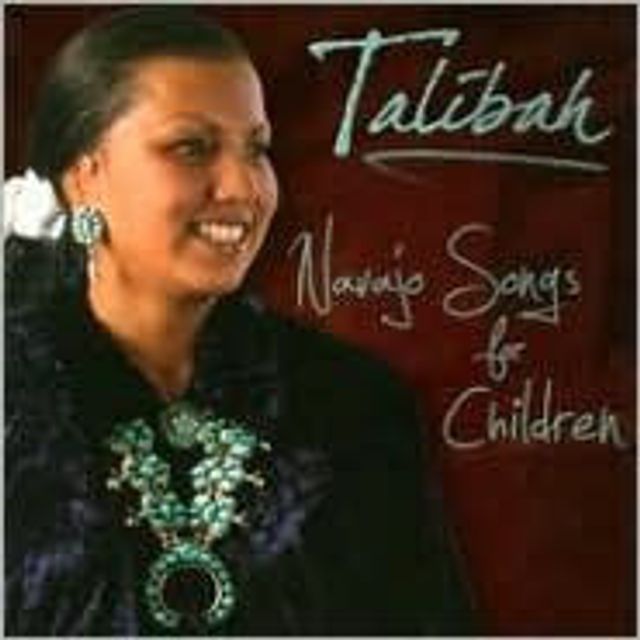Home
African Songs & Rhythms for Children
Barnes and Noble
African Songs & Rhythms for Children
Current price: $19.99


Barnes and Noble
African Songs & Rhythms for Children
Current price: $19.99
Size: OS
Loading Inventory...
*Product information may vary - to confirm product availability, pricing, shipping and return information please contact Barnes and Noble
Introduced in the liner notes as the African version of the
Orff Schulwerk
curriculum of music education,
African Songs and Rhythms for Children
is a collection of 12 songs and instructional notes that attempts to upset the monopoly that Western European art music has occupied in the discipline of music education. Since music is a diverse phenomenon that is manifested in an infinite number of variances the world over, it makes sense that music education should not be based upon one kind of music from one particular culture. Learning different musics demand different techniques and different sensibilities. One only needs to think about the Hungarian
Kodaly
pedagogy, the German
, and the Japanese
Suzuki
method in order to recognize the diversity of musical education techniques that have been created in order to teach children the art of being musical.
is a concerted attempt by
Dr. W. K. Amoaku
and
Dr. Carl Orff
to emphasize the importance of rhythm, movement, and improvisation in the development of a well-rounded music education. Additionally,
Amoaku
Orff
wished to highlight the powerful "enculturation process by which children acquire musical knowledge in traditional African cultures." Created especially for use by teachers in the classroom, this LP and accompanying booklet read something like a lesson plan. Nonetheless, the songs on the album are quite enjoyable. A traditional Ewe cradles songs that bristle with polyrhythm and an Adowa tune from the Akan that underscores complex drumming and singing patterns are represented among such popular music styles as Highlife. Some of the more complex examples are broken down for the purpose of aiding the students' conceptualization and grasp of the song (e.g., separating the vocal phrases from the percussion tracks). By listening carefully and making the effort to follow along with the notes, much can learned about the particulars of each song and about general African musical concepts as well. As is the case with all of their out of print recordings,
Folkways
will dub a cassette version or burn a CD copy of
should you decide to order one. See their website for details. ~ John Vallier
Orff Schulwerk
curriculum of music education,
African Songs and Rhythms for Children
is a collection of 12 songs and instructional notes that attempts to upset the monopoly that Western European art music has occupied in the discipline of music education. Since music is a diverse phenomenon that is manifested in an infinite number of variances the world over, it makes sense that music education should not be based upon one kind of music from one particular culture. Learning different musics demand different techniques and different sensibilities. One only needs to think about the Hungarian
Kodaly
pedagogy, the German
, and the Japanese
Suzuki
method in order to recognize the diversity of musical education techniques that have been created in order to teach children the art of being musical.
is a concerted attempt by
Dr. W. K. Amoaku
and
Dr. Carl Orff
to emphasize the importance of rhythm, movement, and improvisation in the development of a well-rounded music education. Additionally,
Amoaku
Orff
wished to highlight the powerful "enculturation process by which children acquire musical knowledge in traditional African cultures." Created especially for use by teachers in the classroom, this LP and accompanying booklet read something like a lesson plan. Nonetheless, the songs on the album are quite enjoyable. A traditional Ewe cradles songs that bristle with polyrhythm and an Adowa tune from the Akan that underscores complex drumming and singing patterns are represented among such popular music styles as Highlife. Some of the more complex examples are broken down for the purpose of aiding the students' conceptualization and grasp of the song (e.g., separating the vocal phrases from the percussion tracks). By listening carefully and making the effort to follow along with the notes, much can learned about the particulars of each song and about general African musical concepts as well. As is the case with all of their out of print recordings,
Folkways
will dub a cassette version or burn a CD copy of
should you decide to order one. See their website for details. ~ John Vallier


















